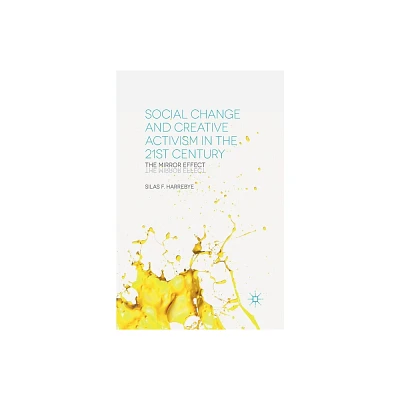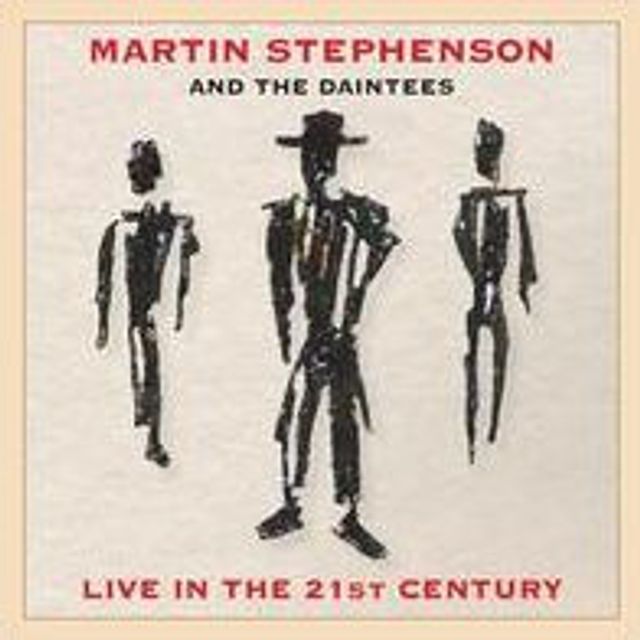Home
Negotiating Families and Personal Lives the 21st Century: Exploring Diversity, Social Change Inequalities
Loading Inventory...
Barnes and Noble
Negotiating Families and Personal Lives the 21st Century: Exploring Diversity, Social Change Inequalities
Current price: $180.00


Barnes and Noble
Negotiating Families and Personal Lives the 21st Century: Exploring Diversity, Social Change Inequalities
Current price: $180.00
Loading Inventory...
Size: Hardcover
*Product Information may vary - to confirm product availability, pricing, and additional information please contact Barnes and Noble
This book is a vital new resource in the sociological study of family life in the 21st century. The chapters in this volume explore a diverse range of family and intimate life experiences, such as personal choices about reproduction and how life choices and family forms are mediated by factors including geographical location, race, ethnicity, sexuality, gender, income and government policy.
Through a series of evidence-based chapters, leading sociologists explore a diverse range of family and intimate life experiences and the contexts within which they are lived and experienced. Each chapter delves into the lives and experiences of people whose choices in some way seem to disrupt normative and traditional ideas of family, parenting and childhood. Family patterns and experiences of living apart together, troubled families, children in care, culture, coupledom, same-sex families and digital technology are covered and examined innovatively through theoretical engagement.
Chapters also incorporate innovative technologies and their use within family spaces that shape the nature of human relationships and interactions. These negotiations within the family are globally contextualised within the political and ideological frameworks of societies at any given moment in time. The work recognises the sensitivity of family and personal lives and incorporates the increasing need of the impact of emotionality that forms part of knowledge production. Additionally, innovative methods are showcased in chapters on researching the family through socially just methods, researcher emotionality and visual data.
By bringing together thought-provoking research findings and innovative methodological and theoretical approaches, this collection of essays raises and articulates relevant, timely and future thinking for its readers. This book will therefore be indispensable for students and researchers as well as professionals and policymakers interested in understanding family life in the 21st century.
Through a series of evidence-based chapters, leading sociologists explore a diverse range of family and intimate life experiences and the contexts within which they are lived and experienced. Each chapter delves into the lives and experiences of people whose choices in some way seem to disrupt normative and traditional ideas of family, parenting and childhood. Family patterns and experiences of living apart together, troubled families, children in care, culture, coupledom, same-sex families and digital technology are covered and examined innovatively through theoretical engagement.
Chapters also incorporate innovative technologies and their use within family spaces that shape the nature of human relationships and interactions. These negotiations within the family are globally contextualised within the political and ideological frameworks of societies at any given moment in time. The work recognises the sensitivity of family and personal lives and incorporates the increasing need of the impact of emotionality that forms part of knowledge production. Additionally, innovative methods are showcased in chapters on researching the family through socially just methods, researcher emotionality and visual data.
By bringing together thought-provoking research findings and innovative methodological and theoretical approaches, this collection of essays raises and articulates relevant, timely and future thinking for its readers. This book will therefore be indispensable for students and researchers as well as professionals and policymakers interested in understanding family life in the 21st century.


















